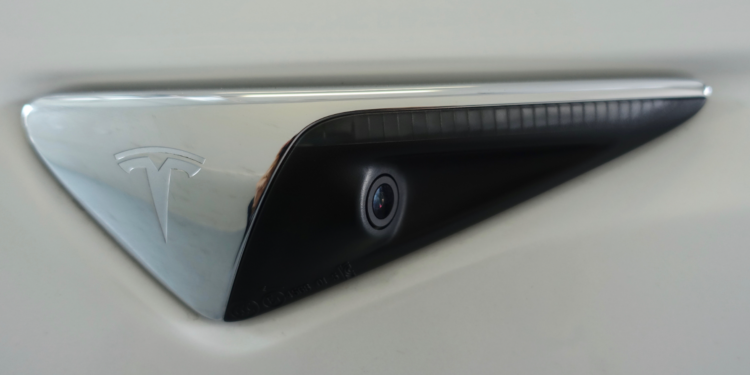The study from MIT, published in IEEE Micro’s January journal, places autonomous vehicles (AV’s) under serious scrutiny. A fleet of a billion such cars, each driving for only an hour a day, could generate the same level of emissions as all the data centres in the world combined currently do.
The model is based on a scenario where 95% of all vehicles are autonomous in 2050.
Factors incorporated in the calculations include the projected number of vehicles, the power of each vehicle’s computer, the carbon intensity of the electricity powering each computer, and the computing software and hardware used in such vehicles.
The authors of the study have put into perspective the colossal technological ordeal that would be the mainstreamed use of autonomous cars. The cars rely on cameras placed on all sides, the surrounding environment is mapped and traffic behaviour predicted and reacted to.
MIT researchers calculated that a vehicle with 10 cameras, which drives an hour a day, would make 21.6 million inferences every day. If a billion cars were in use globally, then a total of 21.6 quadrillion inferences would be made every day (1 quadrillion = 1,000 trillion). For reference, Facebook’s data centres worldwide make a few trillion inferences a day.
Sertac Karaman, co-author of the MIT study, explains that autonomous vehicles “have a 360-degree view of the world, while we have two eyes, they may have 20 eyes, looking all over the place and trying to understand all the things that are happening at the same time.”
The study only considers the emissions that would be generated by the use of autonomous vehicles, and does not look at production-related emissions.
Is This Environmental Toll Avoidable?
In order to prevent pollution of this scale, the scientists are urging for the design of more efficient vehicles. But the pressure is high: in order to keep emissions under the modelled levels, the vehicles’ hardware efficiency needs to double every 1.1 years.
“If we just keep the business-as-usual trends in decarbonisation and the current rate of hardware efficiency improvements, it doesn’t seem like it is going to be enough to constrain the emissions from computing onboard autonomous vehicles,” says Soumya Sudhakar, the study’s lead scientist. “If we get ahead of it, we could design more efficient autonomous vehicles that have a smaller carbon footprint from the start,” he adds.
Related Articles: Helping Make Electric Vehicle Ownership Accessible To All | Robotaxi, The Autonomous & Electric Vehicle By Zoox | Tesla Autopilot Crashes: With at Least a Dozen Dead, ‘Who’s at Fault, Man or Machine?’ | Europe’s Transition to Electric Vehicles: How It’s Going, and What Lies Ahead
Of course, technological advances may mean improvements in the efficiency of AV’s that is as yet unforeseen – in the future, for example, AV’s may need to use fewer inferences in order to operate, thus requiring less data space. The inability to factor such hypothetical advances in means it is impossible to predict with complete accuracy what the emission levels from AV’s will be.
Sudhakar acknowledged that each of the variables in the model “contains a lot of uncertainty because we are considering an emerging application that is not here yet.”
“Greening” the automotive industry is a crucial component of the transition to sustainable living – transport made up 25% of the EU’s total CO2 emissions in 2019. Electric vehicles are widely perceived to be the solution to road transport pollution – but vigilance is required so as not to simply replace one polluting industry with another.
Currently, there are around 30 million autonomous cars in the world, and the number is likely to grow exponentially as mega-companies like Tesla continue to invest in the development of these cars. MIT’s study is a clear-cut, no-nonsense warning and will hopefully inspire some regulation of the industry, such as, perhaps, placing efficiency requirements on hardware development.
Otherwise, extremely polluting industries will be allowed to thrive under the guise of sustainability.
Editor’s Note: The opinions expressed here by the authors are their own, not those of Impakter.com — In the Featured Photo: Camera used on Tesla’s autonomous vehicles. Featured Photo Credit: Steve Jurvetson, Wikimedia Commons Library.










